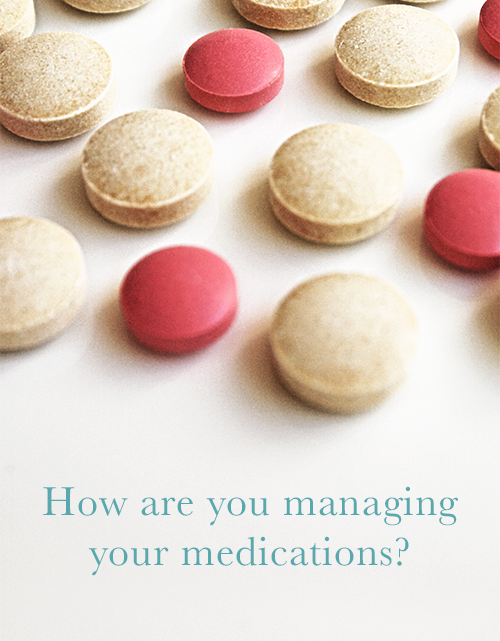There has recently been an increase in the diagnoses of Inflammatory Bowel Disease (IBD). This group of conditions, which consists mainly of Crohn’s disease and ulcerative colitis, affects over 1.6 million Americans.
At present, there are no cures for IBD. Treatments that might help control these chronic conditions are expensive and have varying degrees of success. Patients with IBD tend to fluctuate from phases of remission to debilitating flare-ups. While the exact cause of IBD is not known, it appears to involve genetic predisposition, abnormal immune response, and trigger mechanisms.
IBD can be severely debilitating; symptoms include diarrhea, constipation, cramping, and gastrointestinal bleeding. Because there is no cure, the key to treating these ailments is symptom control. Newer agents that focus on strengthening the immune system have given hope to patients for an improved quality of life. While there are five classes of drugs http://www.ccfa.org/resources/types-of-medications.html that are routinely used for IBD, I want to focus on the biologics. There are currently two classes of biologics approved by the FDA for treating IBD; these include tumor necrosis factor inhibitors (TNFi) and integrin receptor antagonists (IRA). You may be familiar with some of the brand names for these agents, as they are heavily advertised. The TNFis include Humira®, Cimzia®, Simponi®, and Remicade®. The IRAs include Tysabri® and Entyvio™. These agents, which are recommended by the American Gastroenterology Association as second-line therapies, have shown dramatic improvements in many patients that don’t respond well to older methods of treatment. Their uniqueness lies in inhibiting the production of TNF, the key factor in the inflammatory process seen in IBD. While these treatments are promising, they require a costly injection or infusion (ranging from $17,000-$27,000 annually). There is also potential for serious side effects, including bacterial, fungal, and viral infections, among other malignancies.
Control of IBD symptoms can be life-altering, but current therapies are not always effective. While TNFis offer a promising enhancement in the treatment of IBD, they fail to control symptoms in over 30% of patients. Additionally, their effectiveness can decrease over time. Studies have suggested that combination treatment with TNFis and other immune therapy modulators may be the best option to improve response in patients with IBD. Additionally, high cost, insurance copays, and deductibles can greatly affect compliance and treatment plans. Luckily, there are several financial aid programs offered by pharmaceutical manufacturers that can help patients who need these medications to live a symptom-free lifestyle.





